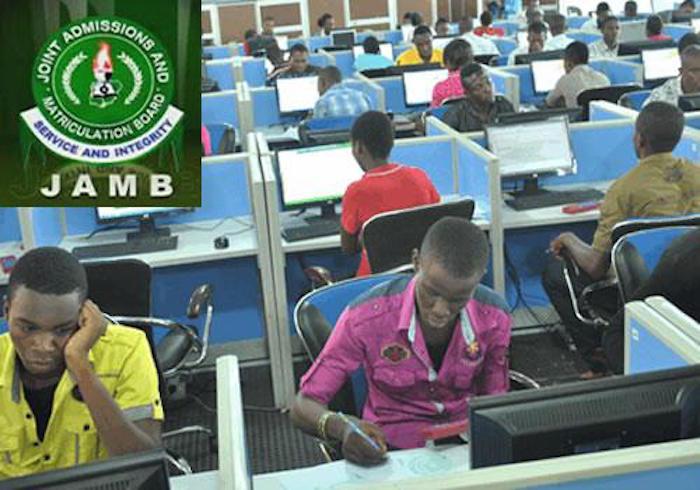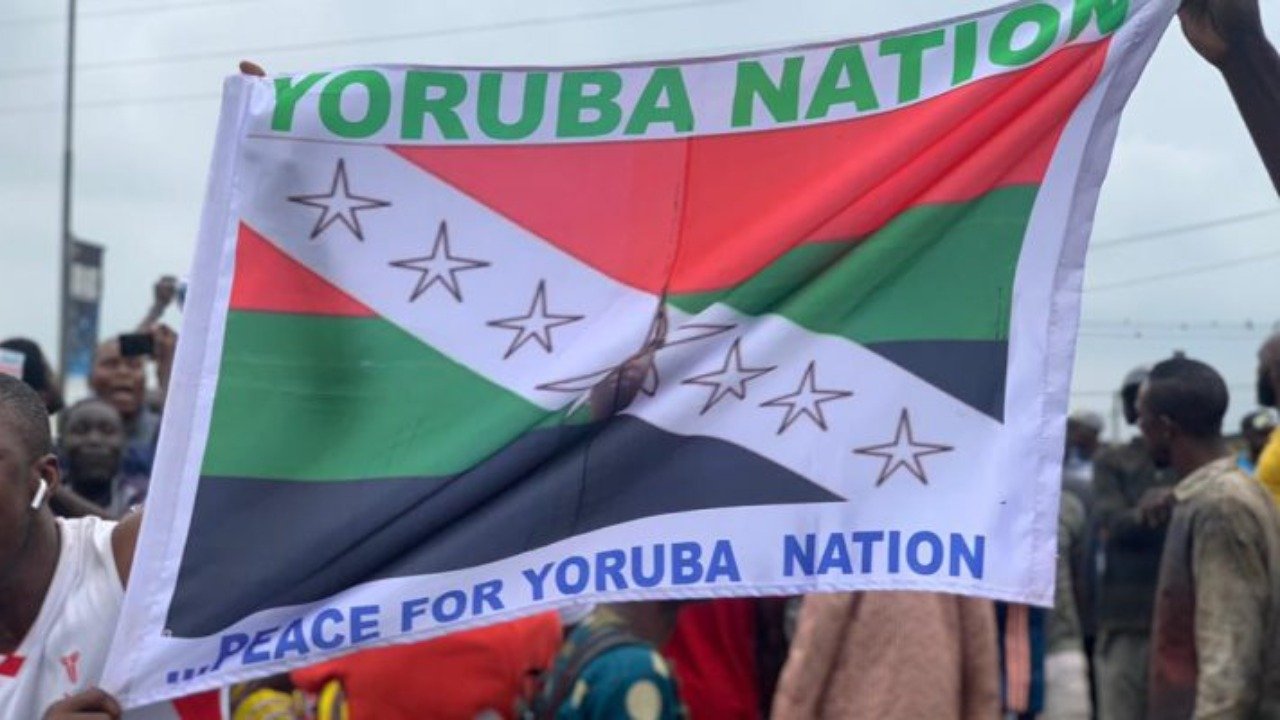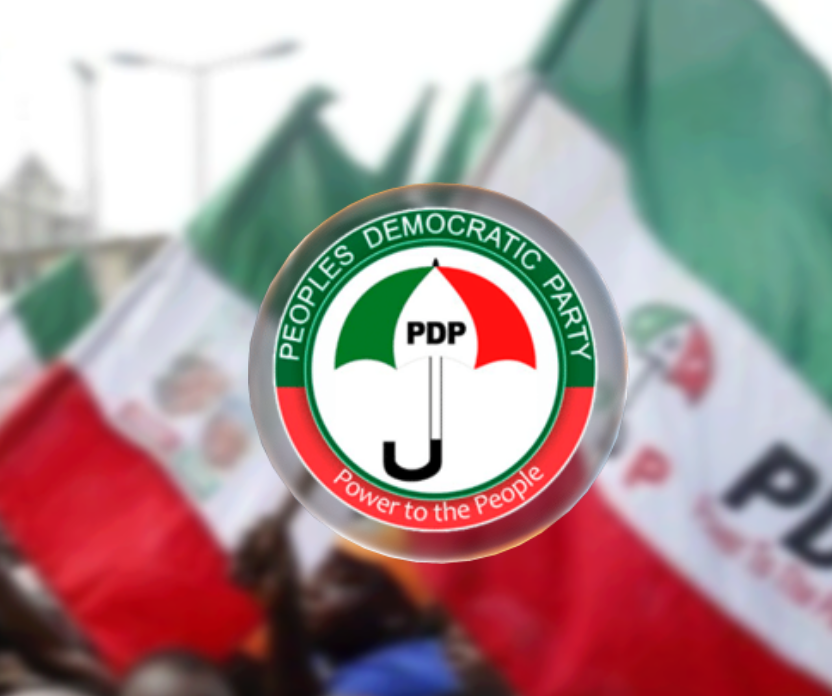The Economic Commission of West Africa States (ECOWAS) has commended the general elections conducted on Saturday, February 23, 2019 by the Independent Electoral Commission (INEC).
It however, cautioned the electoral body to approach the final phases which include the announcement of the results with fairness and transparency.
ECOWAS made its observations in a document titled Preliminary Declaration – 2019 Nigeria Presidential Elections, and endorsed by the Head of the ECOWAS Observation Mission, H.E. Ellen Johnson-Sirleaf.
Below is the full detail of the regional body’s observation:
ECOWAS COMMISSION v COMISSÃO DA CEDEAO v COMMISSION DE LA CEDEAO
NIGERIA 2019 – GENERAL ELECTIONS
PRELIMINARY DECLARATION
I- INTRODUCTION
1. In keeping with the provisions of the Supplementary Protocol on Democracy and Good Governance of the Economic Community of West African States (ECOWAS), and within the framework of the Programme of Assistance to Member States organizing elections, His Excellency Jean-Claude Kassi Brou, President of the ECOWAS Commission, deployed an election observation mission (EOM) for the 2019 General Elections in the Federal Republic of Nigeria.
2. The Mission is led by Her Excellency Ellen Johnson-Sirleaf, former President of the Republic of Liberia, and comprises 200 observers from ECOWAS Member States, including 170 Short Term Observers and 30 Long Term Observers deployed to 31 States across the six geo-political zones of Nigeria, including the Federal Capital Territory (FCT).
3. The membership of the Mission is drawn from the ECOWAS Parliament, the group of West African Ambassadors accredited to ECOWAS, officials from the Ministries of Foreign Affairs of ECOWAS member States, experts from Electoral Management Bodies, as well as
representatives of civil society organizations and the media. The Mission is supported by a technical team from the ECOWAS Commission.
II- PRE-ELECTORAL ENGAGEMENT AND ECOWAS ACCOMPANIMENT THE 2019 ELECTORAL PROCESS
4. As part of its commitment to and support for the electoral process in the Federal Republic of Nigeria, the ECOWAS Commission arranged:
ECOWAS COMMISSION v COMISSÃO DA CEDEAO v COMMISSION DE LA CEDEAO
NIGERIA 2019 – GENERAL ELECTIONS
a. A Joint High Level Solidarity Mission with the United Nations Office for West Africa and the Sahel (UNOWAS), on 8 October 2018, to affirm the International Community’s support for a peaceful and credible electoral process;
b. A Pre-election Fact-finding Mission, from 1 – 15 November 2018, to assess the state of preparedness for the elections;
c. Training workshops on dialogue and mediation as tools for preventing and mitigating electoral-related violence between September and December 2018;
d. A 30-member team of Long-Term Election Observers (LTOs) to assess some of the most critical aspects of the electoral process in the lead up to, and immediately after, Election Day. This team has been in Nigeria since 13 January 2019;
e. A Solidarity Mission, on 6 February 2019, led by Her Excellency Ellen Johnson-Sirleaf, who engaged major stakeholders on key contentious issues around the security of the electoral process.
III- THE ELECTORAL CAMPAIGNS AND THE MEDIA
5. The official campaign period that started on 18 November 2018 provided the Political Parties time and space to present their manifestos and programs to the electorate across the country.
6. On the invitation of the National Peace Committee, ECOWAS and other members of the International Community witnessed the signing, on 11 December 2018, of a National Peace Accord committing to a peaceful campaign process. Subsequently, on 13 February 2019, the Presidential candidates signed a Second Peace Accord to accept the outcome of the
polls.
7. Both print and electronic Media played an effective role in informing the general public about events on the campaign trail and the wider electoral calendar. Social Media platforms were also used by Political Parties to market their candidates and programs to young voters. However, some of these platforms were used to misinform the public and propagate hate speech.
8. Although electoral campaigns were largely peaceful, some incidents led to violence and deaths.
IV- PREPARATION FOR THE POLLS
9. In January 2018 the Independent National Electoral Commission (INEC) published its electoral calendar and timetable of activities, well ahead of the scheduled dates for the 2019 General elections. That notwithstanding, INEC announced in the early hours of the scheduled date, 16 February 2019, a one-week postponement of the polls to enable
it address its logistical constraints.
10. Following this postponement, INEC promptly announced a New Operational Plan fixing timelines for the completion of various aspects of its logistics, including refresher training for its ad-hoc staff. Furthermore, in an attempt to sustain confidence in the process, the Commission held daily briefings, from 18 – 22 February 2019, to inform and update stakeholders on the implementation of the New Operational Plan. In all its public engagements during this period, INEC consistently assured the public that it had met all its timelines leading to the conduct of the elections on 23 February 2019.
V- ELECTION DAY OBSERVATIONS
Opening of the Polls
11. Even though large numbers of voters arrived and formed queues by 8.00 am, the late delivery of materials and arrival of polling officials led to delays in the commencement of voting in most places, in some instances for up to five hours.
12. In most of the polling units visited, there was an effective presence of security agents and domestic and international observers. Out of 73 political parties, mainly the APC and PDP had agents at polling units.
13.The Mission also notes the security challenges that occured on the day of elections. Particularly in Maiduguri where, prior to the commencement of polls, heavy shelling was heard. This situation undoubtedly affected the voter turnout as voters could not turn out in numbers to vote under such circumstances.
Voting Process
14. Despite the widespread delays witnessed at the commencement of the polls, the voting process went on smoothly in a majority of polling units when they got underway.
15. However, the smooth flow of the process was disrupted by malfunctioning of the Smartcard Readers (SCRs) in a number of polling units. In some cases, this situation caused agitation among the voters who had been waiting in queues for long hours, forcing some polling officials to resort to manual accreditation.
16. There were also disruptions due to the outbreak of violence in some places, which resulted in the loss of lives and election materials. Voters generally comported themselves and exhibited amazing patience and tolerance, contributing to peaceful conduct on the day.
17. The Mission also notes that it took INEC a long time to respond to the public on the challenges that arose during the polls.
Closing of the Polls
18. Due to the late start in the majority of Polling Units visited, polling generally went on past the official closing time of 2:00 pm to compensate for time lost earlier in the day thereby enabling voters in the queue to cast their votes.
19. Our observers however noted an incident at Kofar Gayam in Nasarawa State where a Presiding Officer arbitrarily tried to end the process before all the voters in the queue were able to cast their votes. This truncated the process for about an hour before normalcy was restored to allow voters to cast their votes.
20. Our observers in Port Harcourt also reported that elections could not hold in the entire Akuku Toru and Bonny Local Government Areas (LGAs) and a number of polling units in Okrika LGA in the Rivers State due to disruption of the voting process.
VII. CONCLUSIONS
21. In light of the stated observations, the ECOWAS Observation Mission has reached the following preliminary conclusions pending the collation and declaration of final results by the Independent National Electoral Commission (INEC):
a. The ECOWAS Observation Mission considers the electoral process was largely peaceful and transparent as voters were able to cast their votes freely. The Mission commends the general public and the voters for their patience and determination to exercise their civic responsibility.
b. The Mission calls upon INEC and other stakeholders to approach the final phases of the process with fairness and transparency until the announcement of the final results.
c. The Mission urges INEC to take steps to address the many shortcomings, including operational capacity and systems that were observed all through the process.
d. The Mission appeals to party leaders, candidates, their supporters
and the press, to show tolerance and restraint leading up to, and after, the announcement of the results.
e. In the spirit of the commitment made in the Peace Accord of 13 February 2019, the Mission urges the candidates to accept the verdict of the polls in good faith, and in case of complaints, to seek redress by legal means solely.
f. The Mission commends the Independent National Electoral Commission and the Security Agencies for their dedication and professionalism and appreciates the effort of political parties for their commitment and their demonstration of maturity during the process.
The Mission also congratulates civil society, the Media, domestic and international observer groups for their contribution and commitment to the strengthening of the democratic process in Nigeria.
g. Finally, the Mission congratulates the voters and the great and good people of Nigeria on the patriotism, tolerance, and sense of duty, which contributed to maintaining peace and stability in spite of the many challenges.
Done in Abuja, this 24th day of February 2019
H.E. Ellen Johnson-Sirleaf
Head of the ECOWAS Observation Mission
Click to open the original PDF version:
Preliminary Declaration – 2019 Nigeria Presidential Elections

 News6 years ago
News6 years ago
 Featured6 years ago
Featured6 years ago
 Boss Picks6 years ago
Boss Picks6 years ago
 Headline6 years ago
Headline6 years ago
 Headline6 years ago
Headline6 years ago
 Headline5 years ago
Headline5 years ago
 Headline6 years ago
Headline6 years ago
 Headline6 years ago
Headline6 years ago













